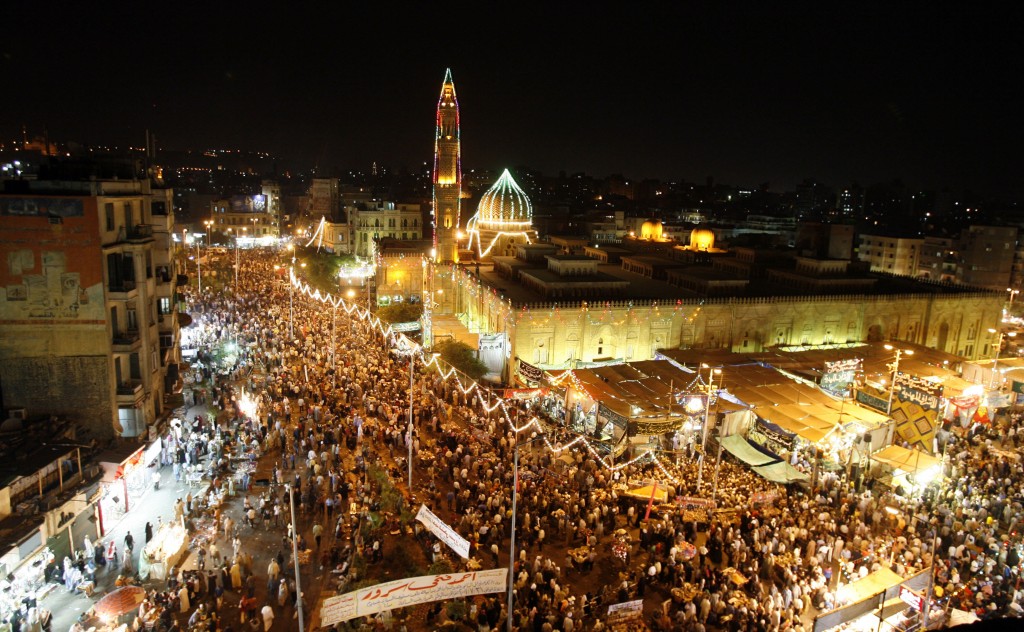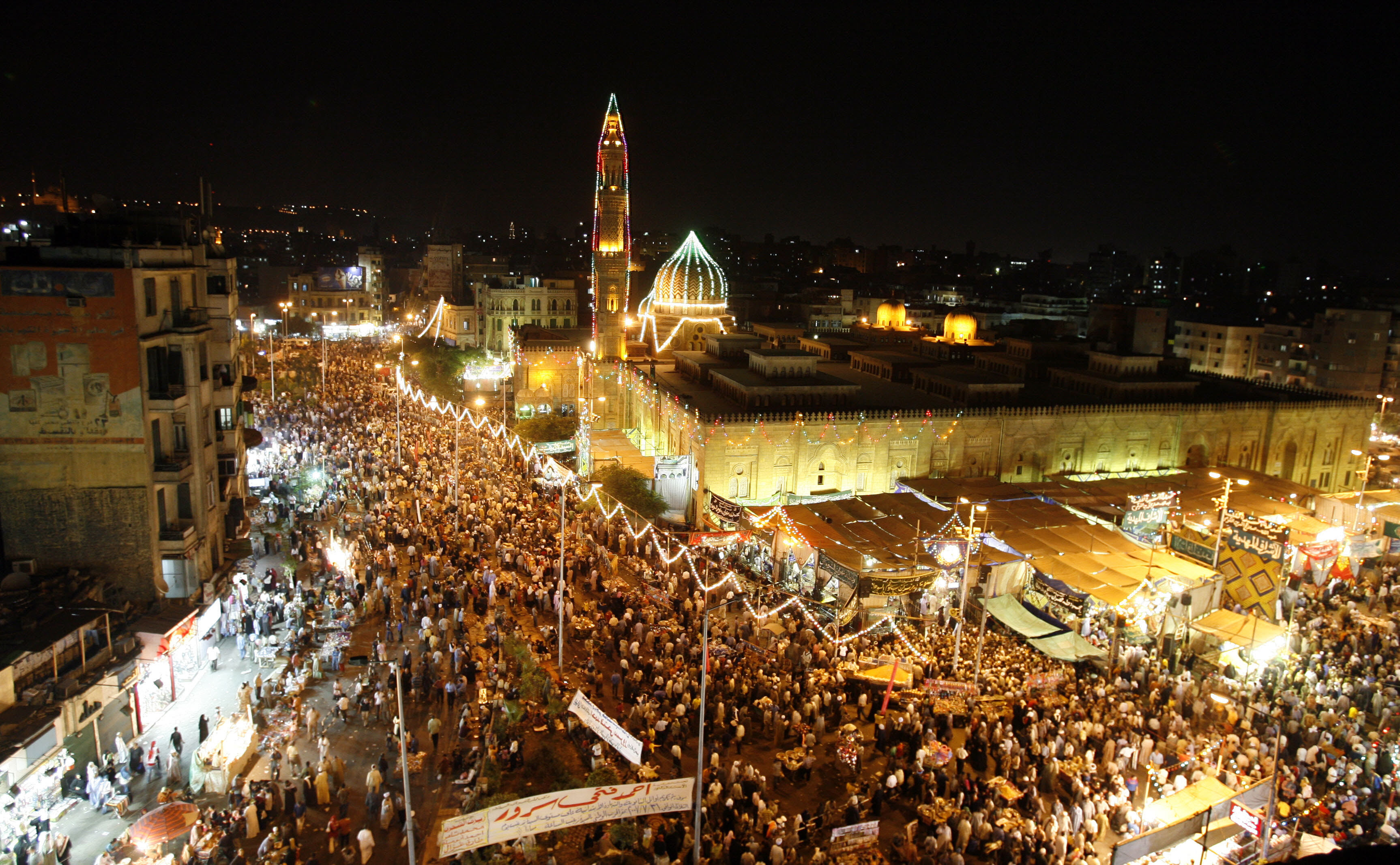 By the eve of 21 Ramadan, the religious practice of the holy month intensifies, creating a shift in the already abnormal Ramadan lifestyle. Apart from the daily evening prayers that are common throughout the month, the Taraweeh prayers, extra worshipping hours, are added to many Muslims’ lives during the final third of Ramadan.
By the eve of 21 Ramadan, the religious practice of the holy month intensifies, creating a shift in the already abnormal Ramadan lifestyle. Apart from the daily evening prayers that are common throughout the month, the Taraweeh prayers, extra worshipping hours, are added to many Muslims’ lives during the final third of Ramadan.
Due to the special religious meaning of those final ten days, orthodox Muslims – and actually most Egyptians – tend to cut down on their after-Iftar social activities in order to meet certain religious commitments.
A widespread religious practice in the final ten days is E’tekaf. It involves total isolation from the outer world to be concerned only with praying and reciting the Quran. E’tekaf happens on different levels. The most devout take shelter inside a mosque for the whole ten days. Others prefer to stay at home, where they can be left alone to worship uninterrupted. Most people practice the most moderate type of E’tekaf and choose to allocate a few hours of their day to stay in full isolation – whether at home or inside a mosque – to worship.
Muslims generally tend to double their prayers during those ten days, especially during the evenings of odd-numbered days. According to Islamic teachings, one of the five eves of the odd-numbered days during these last days of Ramadan is known as Laylat Al-Qadr. It is considered a clear, exceptional night where all prayers are answered since it coincides with the night when the Quran was sent down to Prophet Muhammad. The exact date of this day remains unknown to Muslims, so they treat all five evenings the same way.
Especially during the eves of odd-numbered nights, people prefer to perform their after midnight prayers at mosques instead of at home. Others hold gatherings in their homes where all those invited sit together, each reading a part of the Quran so that they collectively finish reading the entire holy book by the end of the gathering.
During the last ten days of Ramadan, charity work is likely to increase. People want to make sure they have given enough during the holy month.
The ever popular mosalsalat will find their viewership reduced, as people replace watching some – or even all – of these fictive fantasies with prayer.
Despite all of these ways of spending the final ten days of Ramadan, for many Muslims their arrival does not create any change in lifestyle. The fact of the matter is that any religious activity – be it prayer, Quran recital or E’tekaf – is a personal choice and none is religiously binding.


